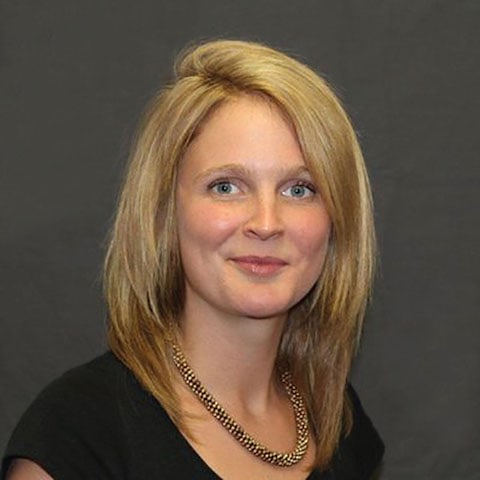
The majority of health research and clinical trials do not represent society.
That is, they do not proportionally represent population, sex, age, gender and ethnicity. This means there are groups of people in society that are under-represented in health research and trials.
Information about how these people react to treatments, biologically and psychologically, is missing. Information on their health outcomes and how they engage with the health system is missing. These people are underserved by the life sciences and health sectors. For the life sciences and health sectors, this means that:
- Drugs may be less safe and effective for under-represented people
- Treatments and technologies may be less innovative, as information is missing
- Access and adherence to treatments will be lower for underserved people.
For society, it means that health inequalities will persist unless changes are made.
The way we communicate about research needs to change
New technologies are allowing trials to become decentralised, making it easier for everyone to be involved in research. But to improve representation of underserved groups, we first need to change how we communicate about research and trials.
The usual methods of communication, working through health professionals, patient groups and traditional advertisements, are only reaching part of society.
Other parts of society don’t hear about research opportunities, aren’t told about the benefits of being involved in research and often don’t trust the life sciences and health sectors. To change this, we need to work with under-represented people to develop new ways of talking, and sharing information, about research. One way to do this is to work with community organisations.
The impact of working with community organisations
Community organisations are organisations that provide services to enhance the lives of local people. They work via local council and NHS contracts to deliver services on health, well-being, education, housing, etc.
During COVID-19 they have played a critical role supporting communities and disseminating public health messages. They have unique expertise and decades of experience engaging underserved people in health programmes and research. When they partner with the life sciences and health sectors, it can have a significant impact.
For example, Social Action for Health, an organisation based in North East London collected 10,000 DNA samples from the local Pakistani and Bangladeshi communities for the East London Genes & Health programme in 2018. The team went to community locations and discussed the research in a respectful, authentic and culturally appropriate way.
In the US, both Pfizer and Moderna worked with community organisations to increase representation in the COVID-19 vaccine trials. Community organisations can play a critical role improving representation in health research and trials.
But in the past, some of their experiences of working with the life sciences and health sectors have been negative. New partnerships must be founded on parity of esteem, mutual benefit and the needs of the communities these organisations serve.
Now is the time to change
Improving representation in research is important for the life sciences and health sectors and for society. Change will take time. For large organisations, it will require a full culture shift throughout the organisation, led by CEOs driven by directors and supported by regulators, before it reaches the trial recruiters on the ground.
But change is starting and bold new partnerships are forming across the sector. As part of this, Egality is working with medical research charities and academic institutions to partner with community organisations and develop inclusive communications on health research.
Alongside this, because of COVID-19, public awareness of health research and trials, and health equity and justice is at an all time high. The life sciences and health sectors have centre stage, but perhaps not for long. There is an opportunity right now to change how society engages with health research and trials, if the sector is also willing to change.
Annette Jack is CEO at Egality Ltd




